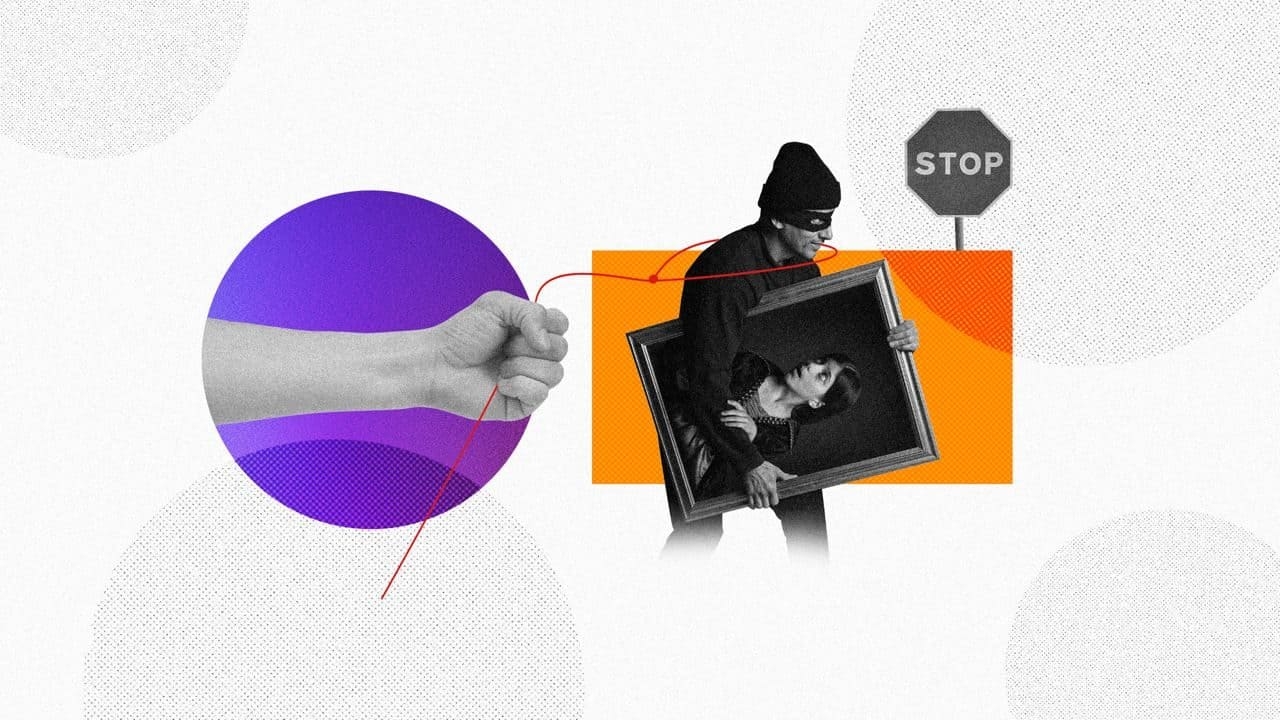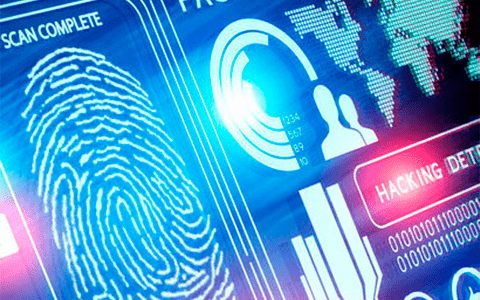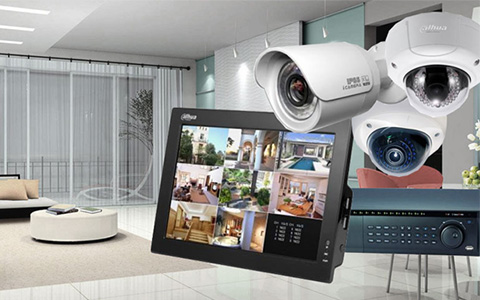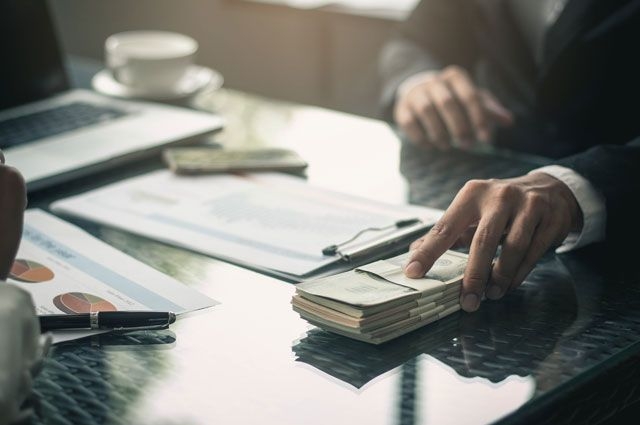The Future of Dubai: A Glimpse Into 2030
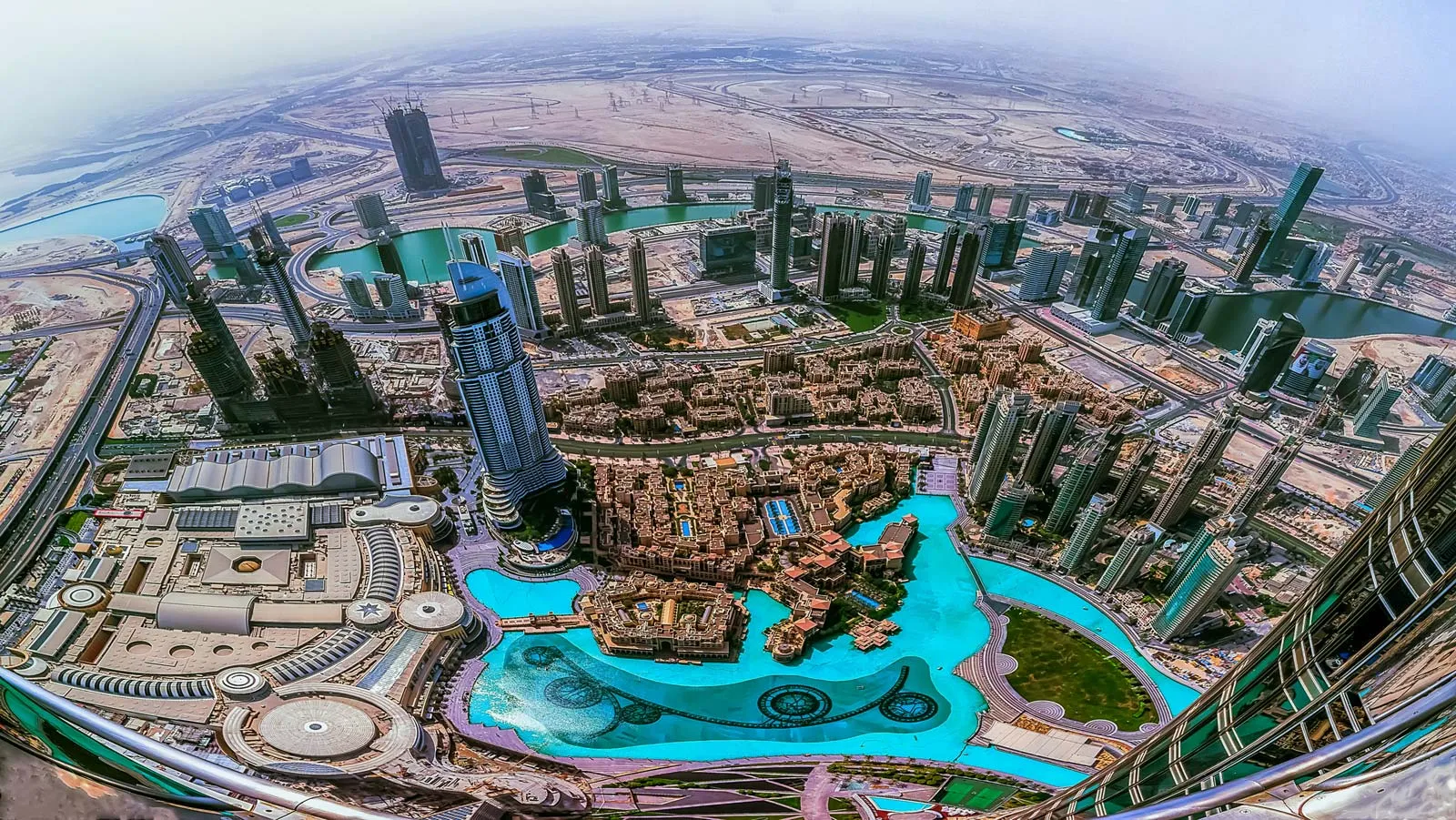
Dubai, a city known for its rapid transformation and ambitious undertakings, has set impressive benchmarks globally. As we look five years into the future, the city's technological landscape promises to further revolutionize urban living. Below, we explore the potential technological advancements that will redefine Dubai by 2030.
Urban Planning and Smart Infrastructure
Dubai has already started integrating smart technology into its urban infrastructure. By 2030, we can expect this integration to be comprehensive and interwoven into every aspect of city life.
-
Smart Buildings: Buildings equipped with automated systems for energy management, security, and maintenance will be ubiquitous.
-
5G Network: The city will likely be completely blanketed by 5G, ensuring unprecedented speed and connectivity for businesses and residents.
-
IoT Integration: Internet of Things (IoT) devices will play a crucial role in everything from transportation to healthcare, providing real-time data and improving efficiency.
Find out a lot of interesting things on the World Arabia.
Transportation and Mobility
Transportation in Dubai has always been at the forefront of technological innovation, and the city is set to continue its pioneering streak.
-
Autonomous Vehicles: Dubai is expected to have a significant number of self-driving cars and buses on its roads, reducing traffic congestion and improving safety.
-
Hyperloop: There could be operational Hyperloop routes, drastically cutting down travel time between Dubai and other cities in the UAE.
-
Advanced Public Transport: Public transportation systems will likely be fully automated, highly efficient, and environmentally friendly, including further development of the metro system and electric buses.
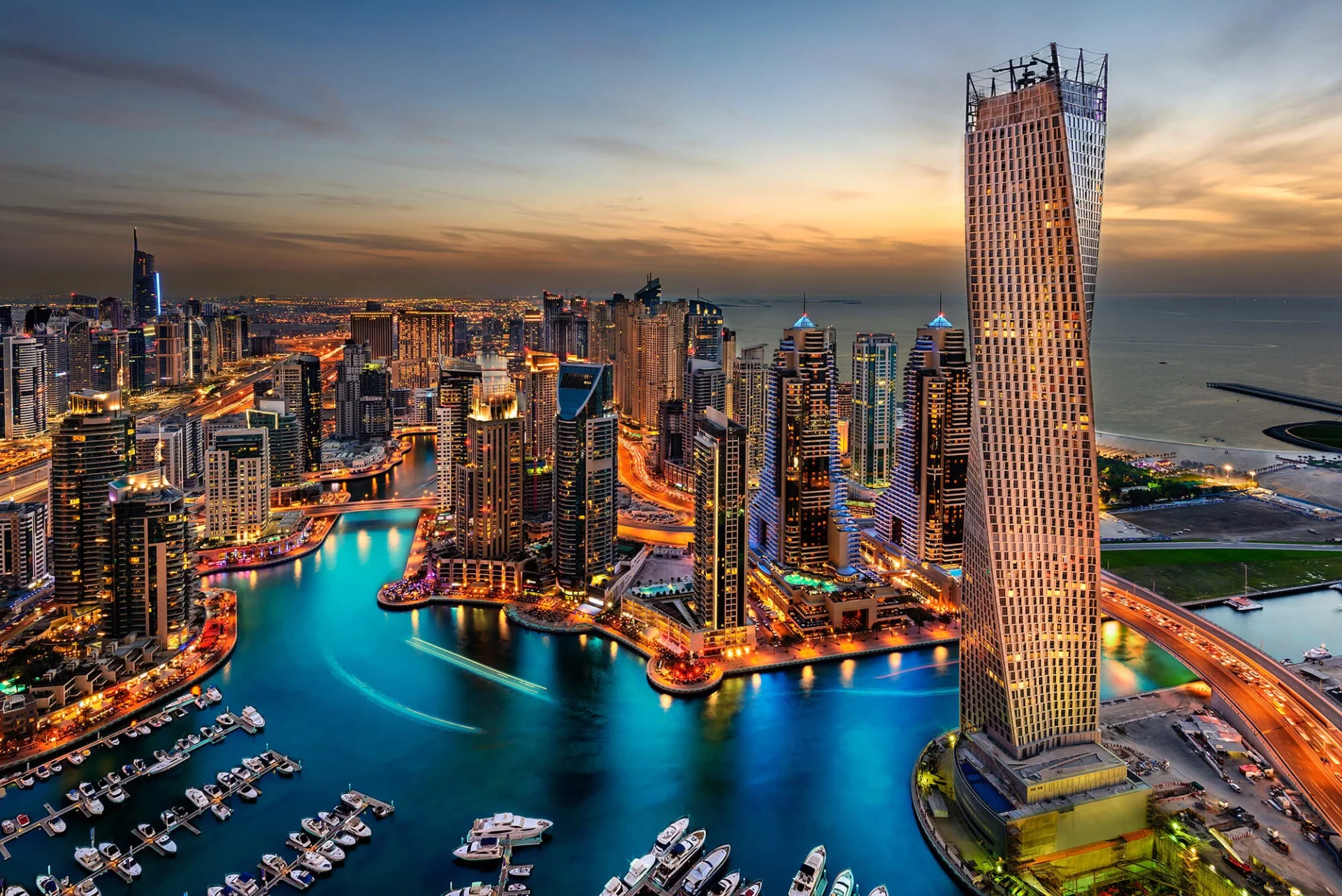
Renewable Energy and Sustainability
Dubai is making substantial strides towards sustainability and renewable energy, targeting a balance between urban sprawl and ecological footprint.
-
Solar Power : Extensive deployment of solar panels in residential and commercial areas will support Dubai’s ambitious goal of generating 75% of its energy from clean sources by 2050.
-
Green Buildings : New constructions will adhere to stringent green building standards, incorporating sustainable materials and technologies to minimize environmental impact.
-
Waste Management : Advanced recycling and waste processing technologies will be in place to handle the growing population’s waste dynamically.
Digital Economy and E-Government
Dubai is creating a robust digital economy, positioning itself as a global leader in digital transactions and governance.
-
Blockchain : Comprehensive use of blockchain technology across various sectors will enhance transparency, security, and efficiency in transactions.
-
E-Services : Government services will be highly digitized, enabling residents to complete administrative tasks online with ease.
-
Fintech Innovations : An ecosystem fostering fintech startups will thrive, advancing new financial technologies, especially in cryptocurrency and blockchain solutions.
Healthcare and Biotechnology
Technological advancements will vastly improve healthcare services in Dubai by 2030, emphasizing accuracy, efficiency, and patient-centered care.
-
Telemedicine: Telehealth services will become a standard feature, providing remote consultations and monitoring, which will significantly enhance healthcare accessibility.
-
AI in Healthcare: Artificial Intelligence will play a critical role in diagnostics, treatment planning, and patient management systems.
-
Biotechnology: Local biotech industries will flourish, contributing to medical research, pharmaceutical advancements, and innovative treatments.
Education and Workforce
Dubai's commitment to fostering a knowledge-based economy will reflect in its education system and job market.
-
Edtech: Education technology will provide personalized learning experiences through AI-driven platforms and virtual reality.
-
Workforce Automation: Routine tasks across industries will be automated, pushing the labor market towards more specialized, creative, and analytical job roles.
-
Continuous Learning: Lifelong learning initiatives will be prevalent, ensuring the workforce stays adaptable to the rapidly changing technological landscape.
Challenges and Considerations
While the technological future of Dubai appears promising, it is essential to acknowledge the challenges that come with rapid advancement:
-
Cybersecurity: As reliance on technology grows, safeguarding against cyber threats becomes crucial.
-
Digital Divide: Ensuring that all residents have access to and can benefit from technological advancements will be essential to avoid inequality.
-
Environmental Impact: Balancing rapid urban development and technological implementation with environmental sustainability will be a persistent challenge.
Conclusion
The next five years will transform Dubai into a paragon of futuristic urban living, marked by intricate smart systems, sustainable initiatives, and an unwavering commitment to innovation. As we envision 2030, it is evident that Dubai is not only prepared to embrace the future but also poised to set new global standards in technological advancement and urban development.

